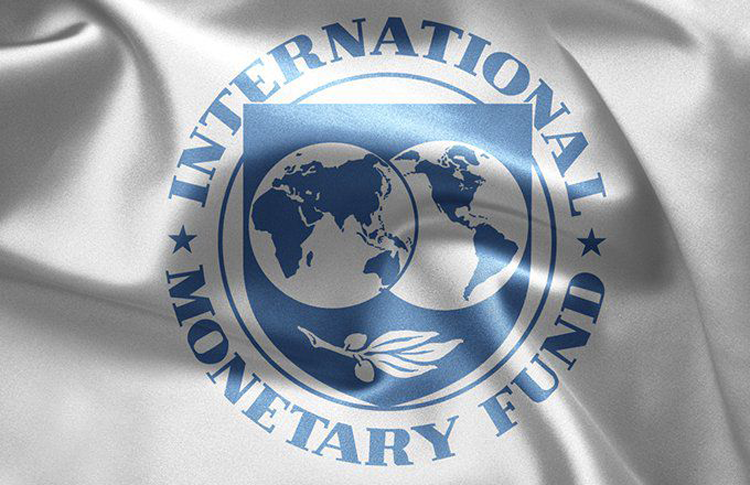The business community has termed Budget FY25 a “tough one” for the business community, saying it will not boost much-needed growth in the economy.
Reacting to the budget after it was presented by Finance Minister Muhammad Auranzeb on Wednesday, representatives of the business community said that the budget is IMF-friendly and will destroy businesses in the country.
President Federation of Pakistan Chambers of Commerce & Industry (FPCCI) Atif Ikram Sheikh expressed his reservations on the budget and said that the apex trade body has rejected the additional taxes given in the budget, particularly those on the real-estate sector, which is already under stress. He also rejected the raise in the petroleum levy on petroleum products.
Senior Vice President of FPCCI Saqib Fayyaz Magoon said that abolition of zero sales tax on all sectors would fuel inflation for the regular citizens.
Meanwhile, President Karachi Chamber of Commerce & Industry (KCCI) Iftikhar Ahmed Sheikh said that Budget FY25 “cannot be termed a business-friendly budget”. He added that the government had announced to collect Rs3700 billion in additional revenue (from last year) in the next fiscal but that the government had not said how this revenue would be collected.
Sheikh said the budget won’t help exports because the abolition of the one per cent final tax on exporters will be detrimental for the export sector, adding that “It would also pave the way for harassment of exporters”.
Likewise, President SITE Association of Industry (SAI) Kamran Arbi expressed his disappointment over the budget, which he said cannot be termed growth-oriented from any aspect. Talking to The News, Arbi asked: “How will you ensure growth when the sectors already in the tax net will be further burdened with high tax rates?” He said that the budget’s support to industry can only be called a “laughing stock”, especially since industry is already grappling with tough conditions due to the high cost of business.
According to Arbi, small-and-medium entrepreneurs have been particularly burdened with high tax, asking how this sector is expected to grow when the tax rates for it are raised to 45 per cent from the existing 35 per cent. The government has been burdening sectors that are already tax-compliant, said Arbi, pointing out that the manufacturing sector contributes 50 per cent to overall tax collection but is being burdened further.
Among other things, Arbi also mentioned that, while the government had incentivised solar manufacturing, who would invest when the cost of production had gone so high. He was also of the opinion that capital gains tax on property would do nothing except encourage people to go into the cash economy rather than paying tax.

